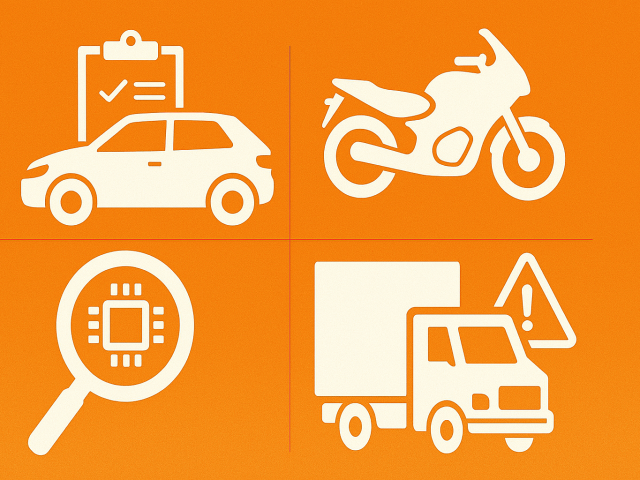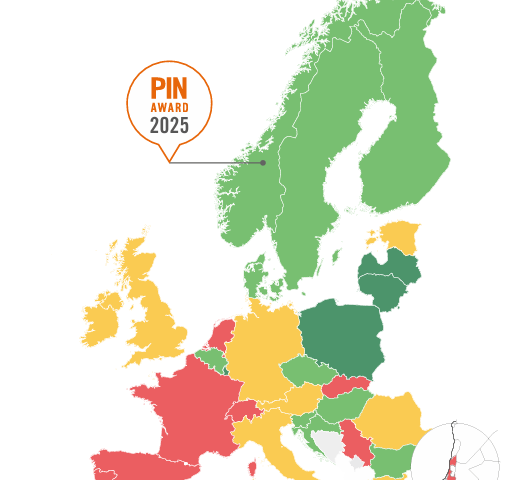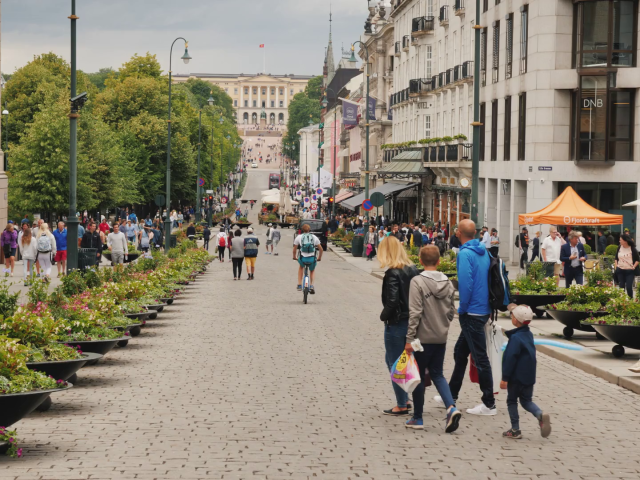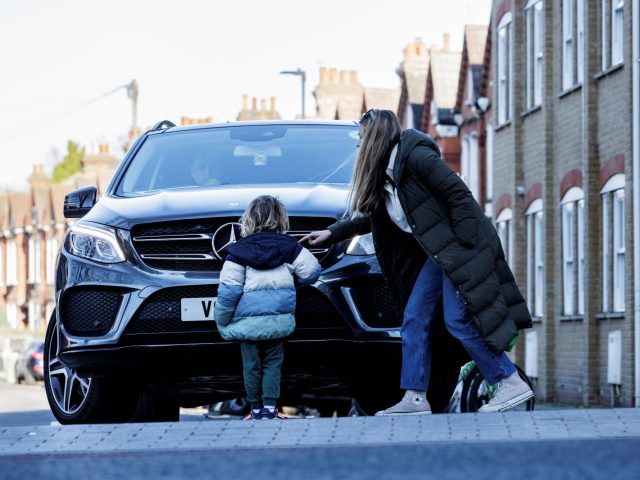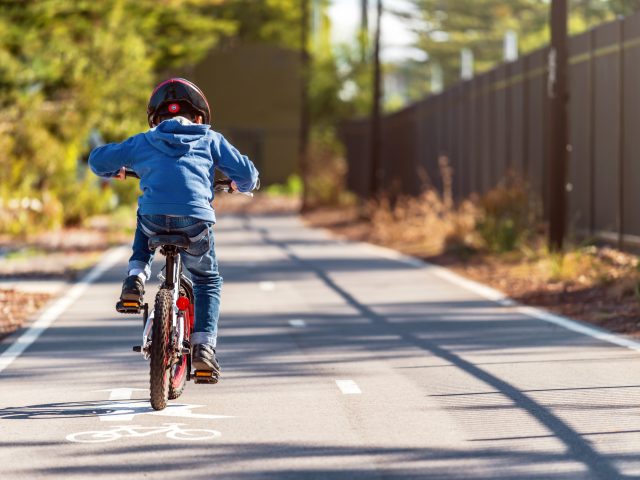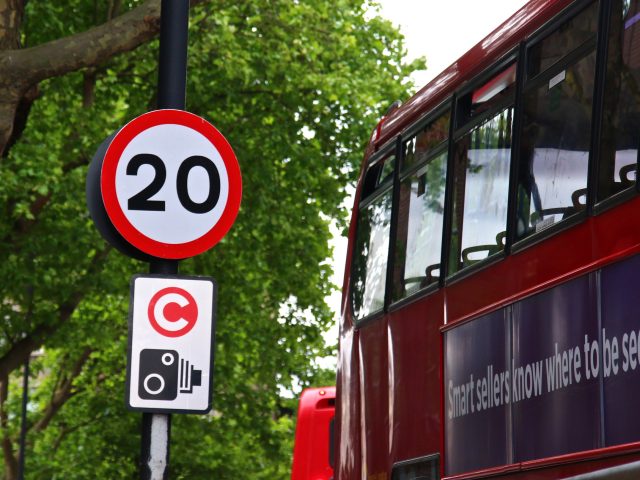Alcohol Interlocks in Belgium
Relevant administration
Federal Public Service – Mobility & Transport
Entry into force
Legislation came into force on 1 October 2010, but only operational since 2013
Position in the legal system
Criminal
How many AI installed today ?
757 (as of 20 October 2020)
Who?
- Repeat offenders with a BAC equal or above 1.2 g/l: judges must impose an alcohol interlock (1-3 years ), a driving ban (at least 3 months) and rehabilitation tests
- First offenders with a BAC equal or above 1.8 g/l: judges must impose an alcohol interlock (1-3 years), unless clear justification
- First offenders with a BAC equal or above 0.8 g/l or repeat offenders with a BAC above 1.2 g/l: judges may apply an alcohol interlock Possible exceptions:
- Judge may exempt one or more vehicle categories
- This has to be justified
- Not possible to exclude vehicle category with which the traffic offence has been committed
- No alcohol interlock for alcohol-dependent people (driving ban for medical or psychological reasons, art.42)
- After the new law of 6 March 2018: judges use this art.42 more frequently
Rehabilitation/medical aspects
Monitoring programme with awareness raising about the risks of alcohol, drink driving, recidivism and technical aspects of the device. Through data downloads the driver can learn more about their own behaviour (they won’t see the data by themselves but the monitoring entity will discuss the results regularly with them). Three recognised monitoring entities: VIAS Institute, Psycho Medisch Advies (since September 2018) and Noviter (since July 2019).
Costs
- 1 year : 3 800 euros + Fine : 1,600-16,000 euros
- Repeat offender: 3,200 – 40,000 euros – The judge can subtract the costs of the alcohol interlock from the fine
Evaluation
The evaluation led to a change in the legislation adopted on the 6th of March 2018: judges are no longer free to decide
- In case of a BAC above 1.8 (they have to give a reason as to why they don’t impose an alcohol interlock), and In case of severe recidivism (≥1.2BAC) (no exception with a reason is possible), but in every case judges have the possibility to limit to certain vehicle categories (except the vehicle category with which the offence was committed).
- Exception: no alcohol interlock if the offender is alcohol dependent (in this case there is a license withdrawal for physical or psychological reasons).

